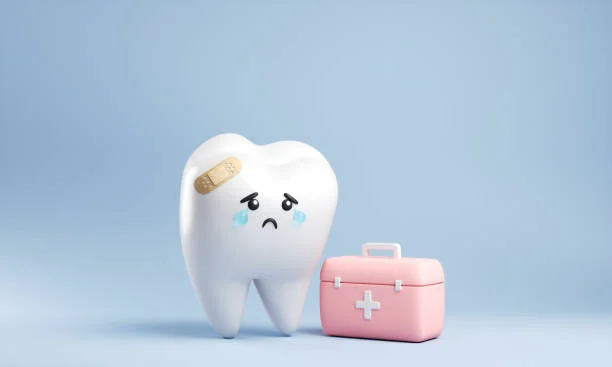Recognizing Toothache Causes
Toothaches are among the most common dental complaints, with causes ranging from mild to severe. They might stem from something as simple as food stuck between teeth or serious issues such as cavities, gum infections, cracked teeth, or dental abscesses. Determining if a toothache is an urgent issue is not always easy. Some discomfort resolves with gentle brushing and flossing, but a persistent or escalating pain can be the first sign of an underlying problem. Recognizing the difference is crucial for both immediate comfort and long-term dental health.
Symptoms That Point to a Dental Emergency
Not all toothaches demand an urgent trip to the dentist, but several symptoms should raise concern and prompt immediate action. If severe and persistent pain radiates to your jaw or ear, or is accompanied by swelling, a fever, or difficulty swallowing, it may mark a genuine dental emergency. These signs can indicate infections or abscesses, which require prompt professional evaluation. Sudden bleeding, visible facial swelling, or a tooth that has broken or become loose also elevate a regular toothache into emergency territory.
How to Assess Your Pain at Home
Evaluating pain at home can help you decide your next steps. Start by rating your discomfort on a scale from one to ten. Toothaches that are dull and mild may resolve with home care, such as rinsing with warm salt water or carefully flossing. However, throbbing pain that does not subside, sharp sensitivity to hot or cold, or a bitter taste in your mouth are signs of infections or nerve involvement. Swelling of your gums, cheeks, or even your neck points toward a more serious condition. According to the Centers for Disease Control and Prevention, prompt identification of oral health problems can reduce complications and missed days from school or work.
First Steps to Take for Sudden Tooth Pain
When a toothache suddenly strikes, acting carefully can prevent complications. Begin by rinsing your mouth with warm water to cleanse the area. If swelling is present, a cold compress outside your cheek may provide relief. Take acetaminophen or ibuprofen as directed—never place aspirin directly on the gum, as this can cause burns. Gently brush and floss to ensure nothing is lodged between your teeth. If bleeding is involved, apply gentle pressure with clean gauze. Even as you manage pain at home, remain cautious: severe cases require professional intervention, especially if accompanied by fever or swelling.
Still curious? Here’s another read we think you’ll love.
What Not to Do When You Have a Severe Toothache
A severe toothache can tempt even the calmest person to try risky fixes. Avoid using sharp objects to dig around your gums or teeth, as this often causes more harm than good. Steer clear of applying heat directly to swollen areas or using non-prescribed ointments. Resist the urge to self-diagnose or self-medicate with antibiotics, as improper use can mask symptoms or worsen infections. In dental emergencies, delaying treatment using unverified home remedies can lead to more severe complications. Professional evaluation is always safest if you have doubts about the seriousness of the pain.
How Fast Should You Seek Help?
The pace of your response should match the severity of your symptoms. Rapidly worsening pain, swelling that spreads away from the tooth, high fever, or trouble breathing indicate the need for immediate care. Call your dental provider immediately for guidance for moderate pain that limits eating or sleeping but is not constant. As the National Institute of Dental and Craniofacial Research advises, seeking timely attention for dental pain can help prevent tooth loss, manage infections, and avoid costly complications. Quick action is your best strategy in a suspected Dental Emergency.
Measures to Prevent Future Dental Emergencies
Preventing another painful dental surprise is possible with daily habits. Brush twice daily, floss, and use antimicrobial mouthwash to minimize plaque buildup. Attend regular dental checkups for professional cleanings and early cavities or gum disease detection. Wear a mouthguard during contact sports, and never use your teeth to open packages or crack nuts. Small lifestyle choices can have a major impact on your risk of future dental emergencies, keeping your smile safer—and pain-free—for the long term.
Want more insights like this? Head over to 2A Magazine and start exploring.







